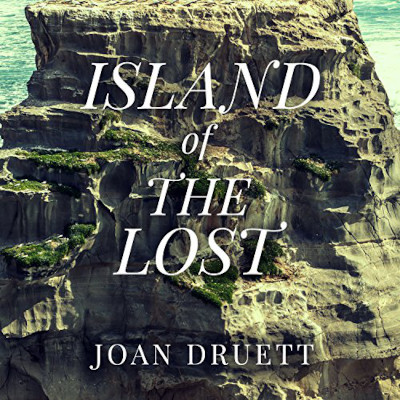 Island of the Lost is the well-written account of the fate of two sets of castaways on the Auckland Islands in 1864 through 1865. Remarkably, neither knew of the other’s existence as both groups struggled for survival through the many months, including a sub-antarctic winter. Though fewer in original number than the 19 initial survivors of the Invercauld, the Grafton’s crew faired much better due, in large part, to the courageous decision of one man to choose hope. His determination to recognize a greater providence, a commitment to egalitarian society, and his consistently upbeat leadership were essential to the survival of the five-man crew.
Island of the Lost is the well-written account of the fate of two sets of castaways on the Auckland Islands in 1864 through 1865. Remarkably, neither knew of the other’s existence as both groups struggled for survival through the many months, including a sub-antarctic winter. Though fewer in original number than the 19 initial survivors of the Invercauld, the Grafton’s crew faired much better due, in large part, to the courageous decision of one man to choose hope. His determination to recognize a greater providence, a commitment to egalitarian society, and his consistently upbeat leadership were essential to the survival of the five-man crew.
For those who need an excuse to enjoy a good book, the leadership principles throughout the work are very insightful. For others, the ongoing ingenuity and survival tactics recounted will prove informative. The construction of a sturdy lodge by the Grafton crew, the sod house on Rabbit Island by the ever-dwindling members of the Invercauld, and the eventual creation of a functional metal forge (using copper sheathing and charcoal) were interesting and inspiring solutions. If I’m ever shipwrecked…
Joan Druett has done a superb job of weaving together excellent research into a highly readable and fascinating account of survival and the sea. She writes with a thorough knowledge of the period and even her narrative interpolations reflect a stylistic consistency with the period. It is a fun read of an absorbing tale which, though a work of nonfiction, moves along at the pace of a good novel.
Island of the Lost: Shipwrecked at the Edge of the World by Joan Druett (Algonquin Books, 2007; 284 pages)





